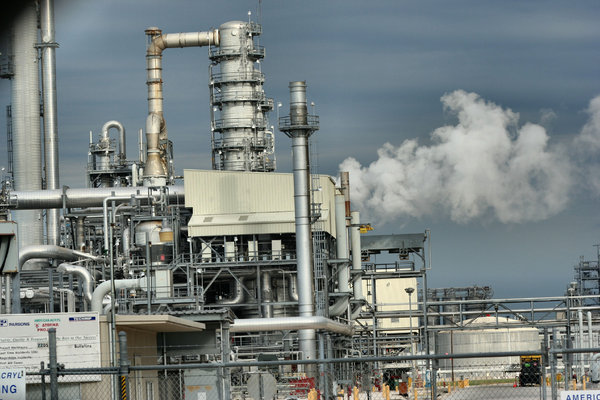The Insider Secret On Petrochemical Products Uncovered
Petrochemical materials are essential to modern industry. They are utilized in many applications including transportation. From synthetic rubber to coatings, petrochemical products act as the basis of production.
Petrochemicals are produced by distilling petroleum feedstocks into usable products. These compounds are then engineered into products that impact nearly every aspect of daily life. The fabrication of petrochemical products involves precise chemical processes such as alkylation.
Key categories of petrochemicals include methanol. Olefins such as pentene are building blocks for synthetic fibers. Aromatics like styrene are widely used in the production of resins. Methanol is a key feedstock for acetic acid.
The importance of petrochemical products extends beyond industrial uses. They drive advances in pharmaceuticals. For example, diagnostic equipment all rely on petrochemical-based polymers for reliability. In transportation, petrochemicals are essential for insulating materials that reduce weight.
Fabricators of petrochemical products manage large-scale industrial sites that deliver millions of tons of materials each year. These operations must meet strict safety standards to deliver consistent and high-quality outputs.
Logistics of petrochemical products is another vital part of the process. Dealers manage the movement of products from refineries to consumers. This requires streamlined inventory management that can handle international deliveries with reliability.
Responsible production are becoming increasingly important in the petrochemical industry. Companies are investing in recycling technologies to reduce their effects on the climate. Recycled plastics, biodegradable polymers, and bio-based alternatives are examples of how petrochemical innovation is addressing eco-conscious demands.
The expansive market for petrochemical products is constantly evolving. Leading companies operate in regions such as Asia-Pacific, where access to raw materials and export channels determines success. Industrializing nations are driving higher demand for plastics, fertilizers, and synthetic fibers, which stimulates petrochemical production.
Research and development continue to shape petrochemical manufacturing. Digital monitoring systems, AI-driven process control, and smart sensors are raising efficiency and reducing waste. At the same time, partnerships between companies and research institutions is creating new materials with advanced properties for custom applications.
 Despite difficulties related to market volatility, the demand for petrochemical products remains steady. They offer the durability needed for industries to compete. From infrastructure materials to renewable energy equipment, petrochemical products reliably fuel global progress.
Despite difficulties related to market volatility, the demand for petrochemical products remains steady. They offer the durability needed for industries to compete. From infrastructure materials to renewable energy equipment, petrochemical products reliably fuel global progress.

